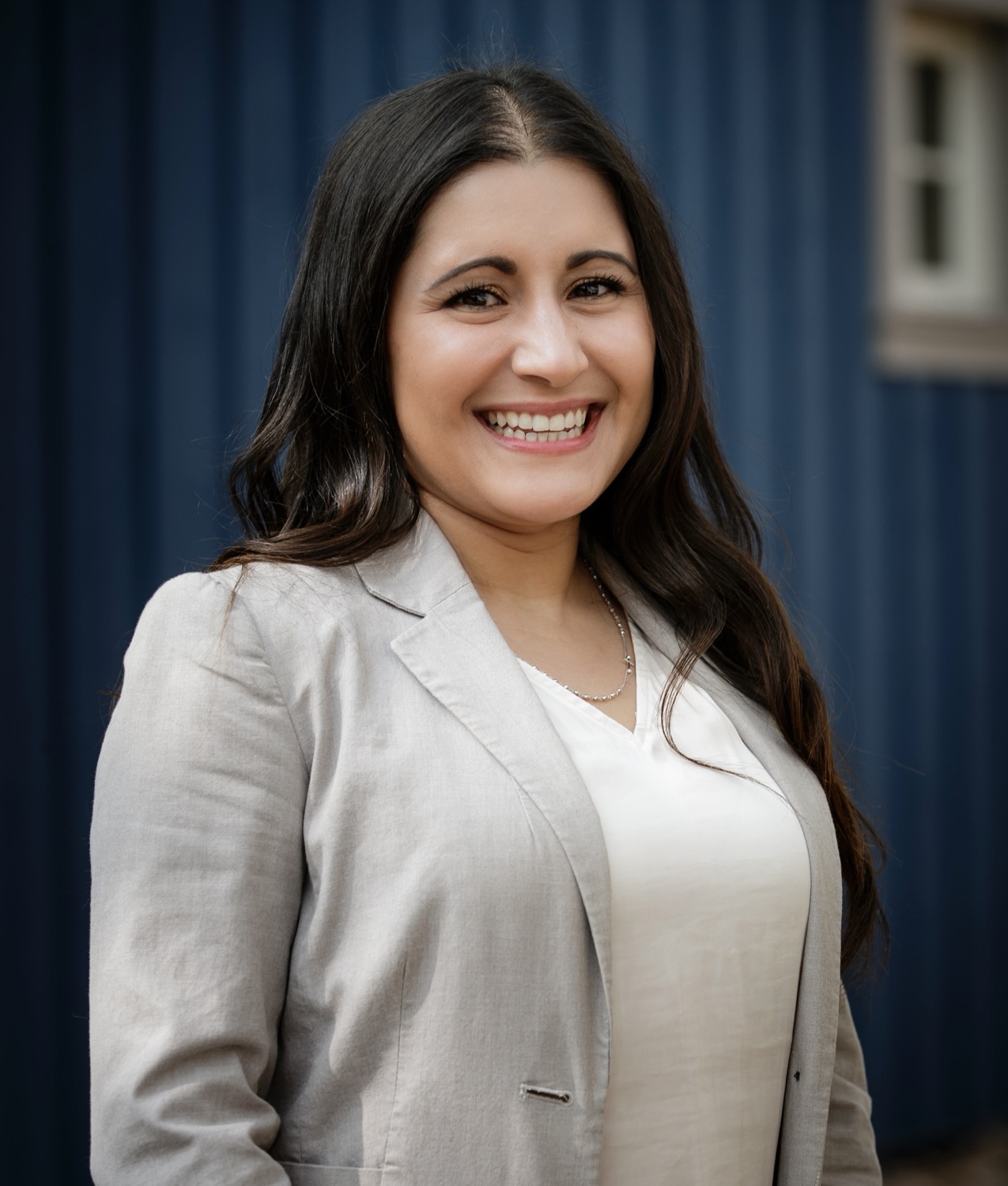Celebrating Hispanic Heritage Month
- Carime Lee

- Oct 4, 2023
- 4 min read

Every year from September 15 through October 15th, we celebrate Hispanic Heritage Month to commemorate Latinos' contributions to the U.S. At the CWBA's September Board of Directors meeting on September 20th, our Colorado Hispanic Bar Association Board Representative, Melissa Meirink, reminded us of the challenges that still face Latinas today and the importance of mentorship. According to an American Bar Association National Lawyer Population Survey conducted in 2022, the U.S. has approximately 1.3 million attorneys. Of those 1.3 million, Hispanic/Latine attorneys only make up 5.8% of that number, despite making up 18.5% of the US population.[i] Of those 1.3 million attorneys, only 38% are women.
Despite the fact that 1 in 5 women in the U.S. are Latinas, Latinas make up only 2% of the attorneys in the U.S.[ii] When we focus on positions of leadership, the numbers are even more dismal with Latinas making up less than 1 percent of partners and general counsels for fortune 500 companies (0.4% in each category to be exact!).[iii] These are the lowest rates of any ethnic or racial group. I’ll let that sink in. So why bring up this discouraging data when we are supposed to be celebrating? Often times we hear statistics like these and feel helpless, living in this world where women, and even more so women of color, are not valued. We look at the numbers and wonder, will this ever change? I’m tired of wondering.
Growing up as a Colombian-American, I was often made to feel like I didn’t belong. No eres ni de aquí ni de allá (you’re not from here nor from there). Whether visiting family in Barranquilla or going to school in Plantation, Florida, I was never quite enough for either place. I felt like I had to choose between my two identities. So I did. I chose to be American as much as I possibly could. I was embarrassed of my mother’s thick accent, of the foods we ate at home, and of having to travel to Colombia every summer. As I have gotten older, and hopefully wiser, I have come to understand soy de aqui y de alla (I am from here AND from there). There’s no reason why I can’t celebrate both cultures that raised me and formed me into the woman I am today.
I am writing this today to shout it from the mountain tops, “soy Latina and proud.” I want to be a beacon of hope for future Latinas to see themselves in my shoes. I want to encourage future generations to celebrate their dual identities and cultures and realize the gifts that brings to our lives. However, I acknowledge that being a Latina in the legal profession is not without challenges. A study by the Hispanic National Bar Association determined that several challenges impact Latinas in the legal profession, including lack of role models, gender and cultural scripts that many Latine people carry, institutionalized discouragement and the feeling of being marginalized by non-Latina peers. While I have dealt with many of these challenges myself, I want to empower others to change the outcome for future generations. Whether you are a Latina or not, you have a part to play in the outcome of Latinas in the legal profession.
Be a mentor: find a young Latina attorney or law student to mentor and guide through their journey as law students and attorneys. One of the most important roles we can play for future women attorneys is creating relationships where upcoming attorneys can feel supported and celebrated. Whether through programs Law School Yes We Can!, the CWBA’s LIFT program or internship opportunities, we can each make an impact on a future attorney to feel seen in the legal profession. Whether you are a role model or an ally for a Latina, you have the power to impact change one person at a time.
Let go: if you are a Latina and struggling with cultural scripts or balancing some of the cultural inconsistencies between the roles you’ve seen at home or within your families and the role of being an attorney, find community. I recently completed the Latina Leadership Institute’s Ignite program, a leadership program for Hispanic/Latine professionals. Programs like this can help identify hurdles and provide tools to overcome barriers, but most importantly you get to share the process with professionals who are navigating similar challenges that can help you feel supported and connected in your leadership or professional journey.

Be a changemaker: if we want the legal profession to change, we have to call out bias when we see it. If you have a professor, career development counselor, partner or associate who is discouraging diverse attorneys, do what you can to call it out and demand change. We can’t expect marginalized communities to be the only ones that advocate for themselves. We need allies to help make change happen. So hire the Latina, give her an opportunity to showcase her leadership ability and advocate for her.
So this Hispanic Heritage Month, don’t just go to the events and share the posts. Let’s make a difference!
[i] https://www.americanbar.org/news/abanews/aba-news-archives/2022/06/aba-lawyers-survey/
[ii] https://hnba.com/latinacommission/ [iii] https://mcca.com/mcca-article/latinas-in-the-legal-profession-why-so-few/#:~:text=This%20paucity%20is%20more%20acute,any%20racial%20or%20ethnic%20group.

Carime Lee is a Senior Attorney at the Colorado Housing and Finance Authority (CHFA) where she advises the home finance business unit in helping make homeownership possible for Coloradans. Prior to joining CHFA, Carime practiced real estate and business law in Summit County. Carime is originally from Colombia and has a B.A. in International Affairs from Florida State University. She obtain her J.D. from Ave Maria School of Law and has an LL.M. in Real Property Development Law from the University of Miami School of Law. Carime has served on the CWBA Board as Inclusion Officer, Publications Committee Co-Chair and At Large.
















Comments